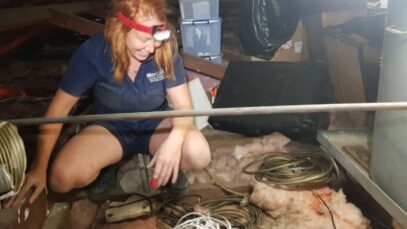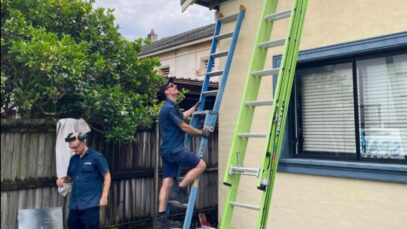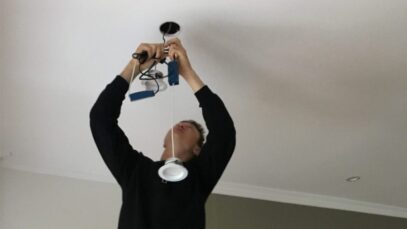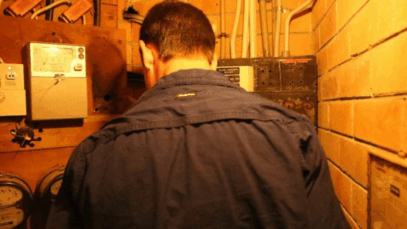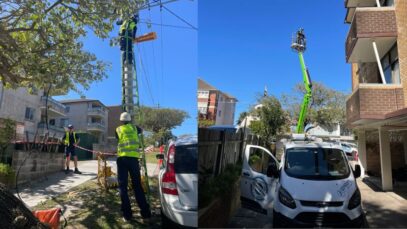
Ever wonder what those terms on your light bulbs and appliances mean? Watts, volts, and amps are everywhere, but what do they really do? Let’s break it down in a way that makes sense and shows you how this knowledge can be super useful in everyday life.
Volts: The Electric Pressure
Think of volts (V) as the pressure in a water hose. The higher the pressure, the more water can flow through. In electricity, volts are the push that gets electric current moving through wires. So, higher voltage means more potential energy is available to move electrons around. For example, household outlets in Australia typically provide 220 – 240 volts of electrical potential, whereas car batteries generally provide only 12 volts.
Amps: The Flow of Electricity
Amps (A), short for amperes, measure how much electric current is flowing. If volts are the pressure in the hose, amps are the amount of water flowing through it. More amps mean more electricity is moving through the circuit at any given moment. This is why the electrical systems in homes are designed to handle a certain number of amps. Too many amps can overload a system, leading to tripped circuit breakers or in the worst cases even fires.
Watts: The Power Players
Watts (W) are all about power. They combine volts and amps to tell you how much work can be done by the electricity. In our hose analogy, watts would be like the total power of the water spraying out, influenced by both the pressure (volts) and the flow rate (amps). A higher wattage means more power is available to perform tasks, such as lighting a room or running an appliance.
How They Work Together
Here’s the magic formula:
Watts = Volts x Amps
So, if you’ve got a device running at 10 volts and it uses 2 amps, it’s consuming 20 watts of power. Simple, right?
Why This Matters to You
Understanding watts, volts, and amps isn’t just for electricians. It’s super helpful for everyday events like:
- Choosing Light Bulbs: Next time you’re buying bulbs, you’ll know that a 60-watt bulb uses more power (and gives off more light) than a 40-watt bulb. Pick the right one and save some energy!
- Using Extension Cords Safely: Those numbers on your extension cords? They’re telling you the max amps the cord can handle. Plugging in too many high-amp devices can be a fire hazard, so keep an eye on those ratings.
- Home Renovations: Adding new outlets or upgrading your wiring? Knowing the voltage and amperage of your devices helps you design a safe and efficient system.
- Shopping for Appliances: Check the wattage on appliances to estimate energy use and future bills. Choose energy-efficient options to save money in the long run.
- Charging Devices: When charging smartphones, laptops, or other gadgets, understanding these terms helps you use the right charger. A charger with the correct voltage and amperage ensures your devices charge quickly and safely.
- Camping or Travelling: Using portable generators or solar panels? Knowing the wattage requirements of your devices helps you choose the right power sources, ensuring you have enough power without overloading your system.
Knowing the difference between volts, amps, and watts can make your life a lot easier and safer. Whether you’re upgrading your home’s electrical system or just trying to save on your electricity bill, this knowledge is key. Additionally, it can help you troubleshoot electrical issues and understand the energy consumption of various devices.
Another practical application is understanding why certain devices require specific power sources. For instance, high-wattage appliances like ovens and air conditioners need dedicated circuits because they draw more power. By knowing this, you can avoid overloading your home’s electrical system.
At Sparky Nearby, we’re always here to help with any of your electrical needs. Our team of licensed Level 2 electricians in Sydney is dedicated to ensuring your home or business runs safely and efficiently.
Whether you need an electrician in Wolli Creek, Bardwell Park, Botany, Eastlakes, or Zetland, our experts are just a call away—contact us today for prompt and reliable service.
Recent Posts
Follow Us
Our Services
SERVING THE EASTERN SUBURBS AND GREATER SYDNEY AREA FOR 52 YEARS
You can reach us for 24/7 emergency services and all electrical services in Sydney.



